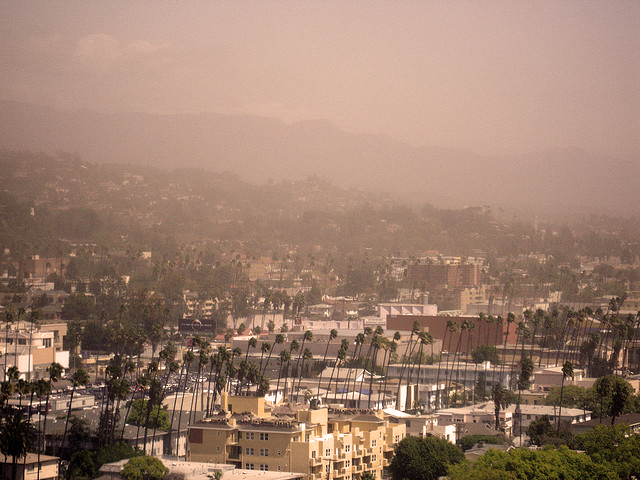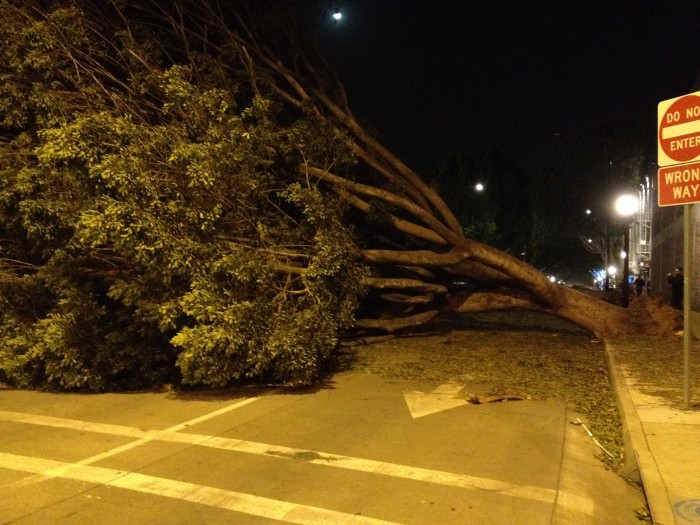There’s a story my mother would tell me. It involves a distant relative of some sort, I can never remember the specifics. You think I would, considering the circumstances.
The story starts the same. “You think you have it bad,” my mom would say as I complained about the absolute apes posing as teenage boys that attended my high school, “at least you’re not Loretta.”
Loretta, this relative, was a young fifteen-year-old girl living in a small town somewhere in Lebanon. She had no life social life other than that dictated by her father. She went to school, cooked dinner, went to sleep. “So don’t let me hear you asking for an extended curfew!” my mother would add when I was a much younger listener.
One day Loretta sat on her front porch knitting (all girls in old-timey tales seem to be avid knitters) when her father came home. “Put on your best dress,” he ordered, “you’re getting married today.”
So Loretta puts on a frilly dress. She meets this stranger, her future husband, who is fifteen-plus years older than her. She marries him and he moves her to Detroit, Michigan, where she gives birth to two beautiful children. And then the husband proceeds to beat the shit out of her.
Loretta endures this physical abuse for years. Then, one night, in the middle of family dinner, she stands up, gets a gun, shoots her husband, and before her terrified children can say a word, shoots herself in the head.
The husband survives. She does not. He marries a woman only ten years older than his children.
This tale never fails to make me gape. “I can’t believe she shot him in front of her kids!” I exclaim.
“I can’t believe that asshole survived,” my mom retorts.
“What do you think made her finally do it?” I ask.
Mom shrugs. “If she lived in Los Angeles, I’d say the Santa Anas.”

“The Santa Anas are my kryptonite. They weaken me to my very core, and turn me into something—someone – I am not.”
We both nod knowingly, and then continue on with our work.
The Santa Anas are a Los Angeles phenomenon. They’re a warm, dry air that blows through from the continental interior of the American West in the fall and winter seasons. As the air squeezes through various mountain passes, the wind becomes more powerful and thus more destructive.
I grew up in an area known as La Canada, where large trees that survived decades of history are felled by this invisible, powerful source. More than once we couldn’t make it to school because the streets were blocked by these fallen natural monoliths. If the winds hadn’t hurt the trees, they’d always take down a powerline or ten.
The winds themselves are impressive, but what really merits note is their emotional side effects. Writes famous Angeleno Raymond Chandler, “There was a desert wind blowing that night. It was one of those hot dry Santa Anas that come down through the mountain passes and curl your hair and make your nerves jump and your skin itch. On nights like that, every booze party ends in a fight. Meek little wives feel the edge of the carving knife and study their husband’s necks. Anything can happen.
Joan Didion adds in her memoirs of Los Angeles: “The baby frets. The maid sulks. I rekindle a waning argument with the telephone company, then cut my losses and lie down, given over to whatever is in the air. To live with the Santa Ana is to accept, consciously or unconsciously, a deeply mechanistic view of human behavior…. [T]he violence and the unpredictability of the Santa Ana affect the entire quality of life in Los Angeles, accentuate its impermanence, its unreliability. The wind shows us how close to the edge we are.”
The Santa Anas make me crazy.
I’m an emotional girl. As a woman who attempts to make her living via self-reflective writing, I’m well aware of this fact. I hate when women blame PMS for their emotional reactions, but I can’t help but admit that I more diligently take my anxiety meds when “that time of the month” arrives. When that time couples up with the Santa Anas, my nerves feel like they are on fire. The littlest aggravation or worry makes me cry. It takes a lot more effort to keep myself together.
The Santa Anas are my kryptonite. They weaken me to my very core, and turn me into something—someone – I am not.
This is not the case for everyone. For my friend Rachel, the Santa Anas are a very comfortable (not to mention breezy) walk in the park. Her kryptonite is tequila. “I can’t drink it,” she admits, “it makes me act crazy.” My other friend Stella dated a man who refused to drink whiskey for that same reason. “It makes me angry,” he’d explain as he sipped on a gin and tonic. “If I drink it I immediately become a dick.”
For some, kryptonite is a particular person. My friend Amy can’t stand a particular friend of mine. “When I see him, I feel like I become a total bitch,” she would warn me as she turned down a cocktail party invite. “I just hate him.” Amy is one of the nicest, sweetest girls I know. But when she’s around this particular friend, she becomes a stranger—and a caustic one, at that.
Meanwhile, Joan Didion and myself are not the only ones to fall victim to the power of our physical circumstances. Existentialist writer Albert Camus addresses our perceived meaningless in an increasingly physical world in his masterpiece L’Etranger. While protagonist Mersault is a man of few words, he becomes positively loquacious when describing the effects of the sun and its subsequent heat. As he approaches death, he blames the sun as the reason for his crimes. Against the sun, Mersault not only feels powerless, but actually is powerless.
Loretta, like Mersault, became powerless to the kryptonite that was her jerk of a husband. Obviously she did not believe she had a realistically safe means of escape. And so she chose one of the more dramatic exits—not just from her husband, but from life.
The rest of us reclaim our rationality by accepting an irrational world and by acknowledging that phenomena like the Santa Anas can so forcefully (albeit subconsciously) influence us. Unlike Mersault, we can gain strength by accepting our very weakness. There are myriads of ways to salvage our sanity. Meditation allows us to simultaneously acknowledge the wild child within us while embracing the serene part of ourselves. Others find sweating out those pesky emotions far more helpful. And some, like myself, enjoy talking the poison out. For all others, and more often than not, simple avoidance of our particular kryptonite works.
My life is in Los Angeles. I am not going to let wind blow me away. Instead, I will embrace the Santa Anas. They can snap at my ankles as I go for a run, or hiss in my ear as I try on a particularly tight pair of jeans. They won’t wipe away my smiles, my life, my love. I know they are temporary. As strong as the Santa Anas are, I am stronger. And so are you.
Also by Emily: Silver Lining in the Brace Position
More thoughtful essays on Voices: The Dalai Lama and the Chicken
Love this article? Keep up-to-date on the latest from Peaceful Dumpling: Subscribe to our Newsletter!
___
Photo: craig1black via Flickr; Emily Ansara Baines





